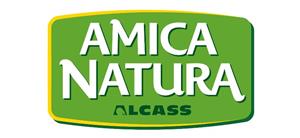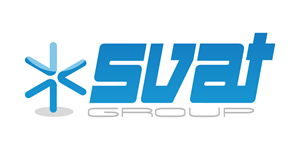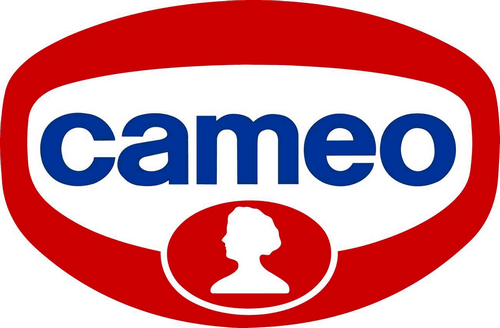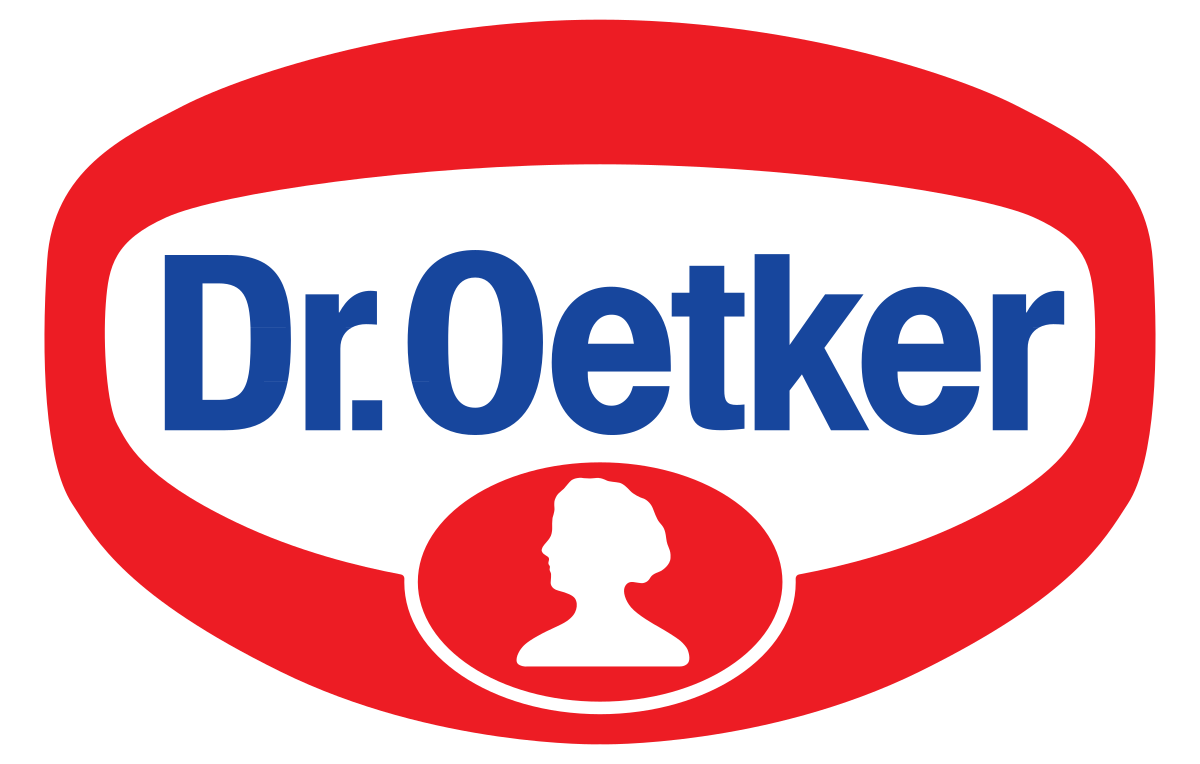Summary
The Italian frozen food market has been stable amidst a broader negative trend in the food market due to reduced food spending and shifts in dietary habits. Fast-paced lifestyles and a preference for convenience have supported the demand for frozen foods. However, the market is highly concentrated, with a few major brands dominating and a significant reliance on a single distribution channel. Regulations concerning frozen products are strict, and there is an increasing consumer focus on environmental considerations, which are expected to influence future market dynamics. No specific numerical data from 2020 onwards is provided in the text to detail the market trends quantitatively.
Trends in the Italian Frozen Food Market
In recent years, the Italian food market has generally exhibited a downward trend, primarily influenced by reduced spending on food and a shift in Italians' culinary habits. The traditional approaches to dining and eating out have modified consumer behavior and impacted the food market as a whole. However, amidst this negative trend, the frozen food segment has shown relative stability. This steadiness can be attributed to the changing lifestyle in Italy where there is an increased emphasis on convenience and speed of preparation in cooking. The frozen food market in Italy is notably concentrated, with a few main brands dominating. There is also a significant reliance on a single distribution channel, suggesting that a majority of frozen foods in Italy reach consumers through a focused retail pathway. Despite this concentration, two influential forces are shaping the supply and demand dynamics of the Italian frozen foods market. On the demand side, a notable trend is related to consumers' growing awareness of environmental concerns.
This sensitivity towards the environment is likely having an effect on the purchasing choices of Italian consumers, potentially influencing the types of frozen foods they buy, as well as their packaging and production methods. In terms of supply and regulation, the market is heavily affected by strict regulations governing frozen products. These rules influence how frozen foods are produced, stored, and sold, ensuring the safety and quality of the food when it reaches the consumer. Overall, while specific figures are not provided, the text implies that the Italian frozen food market is unique in its stable evolution, in contrast to the broader Italian food market. The influence of lifestyle changes among Italians and the tight regulatory framework are critical to understanding the supply-demand interplay of the Italian frozen food market. Additionally, the increased concern for the environment is prompting shifts in both consumer behavior and the offerings from producers.
"Frozen Food Titans: Navigating Italy's Chilled Culinary Landscape"
The Italian frozen food market, although facing general headwinds in the wider food industry, remains a bastion of stability, serving the needs of a fast-paced society that values convenience without sacrificing quality. Among the throng, a few key players dominate the freezer aisles, shaping the landscape of Italy's frozen fare.
- Findus Italia looms large as a stalwart in the realm of ready-to-eat meals, fish, and vegetables. Renowned for their diverse array of products, from single-serve lasagnas to elaborate seafood dishes, Findus has carved out a significant niche, becoming almost synonymous with frozen food for many Italian consumers.
- Frosta AG, though not indigenous to Italian soil, has made impressive inroads with a focus on sustainability and "clean label" products, free from additives and preservatives. They cater to the growing contingent of environmentally conscious and health-aware consumers, distinguishing themselves by their commitment to transparency and natural ingredients.
- In the arena of meats, Orogel stands out with its vast assortment of frozen vegetables, a testament to the agrarian heart of Italy. Their products range from simple peas and green beans to more intricate blends and meal starters, appealing to both traditionalists and experimental chefs alike. Nestlé brings its global firepower to the Italian market with a broad portfolio including not just frozen goods but a wider range of food and beverages. Within the sub-sector of frozen products, they offer innovative solutions designed for ease of preparation, earning them a place in many Italian home freezers.
- The heartier side of the market finds a champion in Unilever, with a focus that extends beyond their wide selection of ice cream and frozen desserts to include a variety of savory products. Their products are ubiquitous, reflecting the brand's adeptness at capturing consumer trends and delivering them across a powerful distribution network.
While these titans command the field, the battle for the hearts, minds, and appetites of Italian consumers continues. Their positioning reflects not just market share but an understanding of the complex interplay between tradition, convenience, regulation, and sustainability that characterizes Italy's relation with its food.
to understand this market
Detailed content
 Inforamtion
Inforamtion
- Number of pages : 30 pages
- Format : Digital and PDF versions
- Last update : 01/02/2022
 Summary and extracts
Summary and extracts
1 Market Summary
1.1 Definition and presentation
Freezing is a food preservation technique that involves the rapid cooling of food, brought to a low temperature. The technique has consequently given name to frozen foods, a term by which we refer to the set of foods that are preserved by this method. Frozen foods are thus a sub-segment of the broader food market.
The frozen food market can be broken down by product, the most common of which include: fruits, vegetables, ready meals ("ready-to-eat"), meat and fish.
In Italy, the food market has experienced a negative trend in recent years, driven more by cutbacks in food spending and transformations in Italians' culinary habits. The different perception of eating out is expected to continue to impact the market as a whole. Frozen foods for their part have experienced a stable evolution, influenced in particular by the growing hectic lifestyle and preferences for convenience and speed in cooking. The Italian market is, however, highly concentrated and sees the dominance of a few brands and an intense dominance of a single distribution channel. In addition, two other forces are believed to consequently impact the market on both the supply and demand sides. On the one hand, stringent regulations regarding frozen products and on the other hand, the growing interest in the environment by consumers.
All our studies are available online in PDF format
Take a look at an example of our research on another market!
Latest news
Companies quoted in this study
This study contains a complete overview of the companies in the market, with the latest figures and news for each company. :
 Choosing this study means :
Choosing this study means :
Access to more than 35 hours of work
Our studies are the result of over 35 hours of research and analysis. Using our studies allows you to devote more time and added value to your projects.
Benefit from 6 years' experience and over 1,500 industry reports already produced
Our expertise enables us to produce comprehensive studies in all sectors, including niche and emerging markets.
Our know-how and methodology enable us to produce reports that offer unique value for money.
Access to several thousand articles and paid-for data
Businesscoot has access to all the paid economic press as well as exclusive databases to carry out its market research (over 30,000 articles and private sources).
To enhance our research, our analysts also use web indicators (semrush, trends, etc.) to identify market trends and company strategies. (Consult our paying sources)
Guaranteed support after your purchase
A team dedicated to after-sales service, to guarantee you a high level of satisfaction. +44 238 097 0676
A digital format designed for our users
Not only do you have access to a PDF, but also to a digital version designed for our customers. This version gives you access to sources, data in Excel format and graphics. The content of the study can therefore be easily retrieved and adapted for your specific needs.
 Our offers :
Our offers :
the frozen food market | Italy
- What are the figures on the size and growth of the market?
- What is driving the growth of the market and its evolution?
- What is the positioning of companies in the value chain?
- Data from several dozen databases
5 reports pack (-15%) IT Italy
- 5 reports at €75.6 excluding VAT per study to choose from our Italian catalogue for 12 months
- Save 15% on additional studies purchased
- Choose to be refunded any unused credit at the end of the 12-month period (duration of the pack)
See the terms and conditions of the pack and the refund of unused credit.





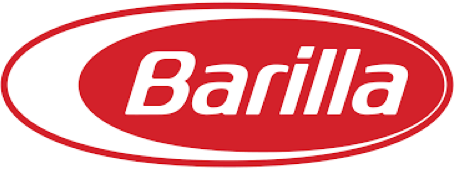 Barilla loses the second round of the cookie war - 02/04/2024
Barilla loses the second round of the cookie war - 02/04/2024
